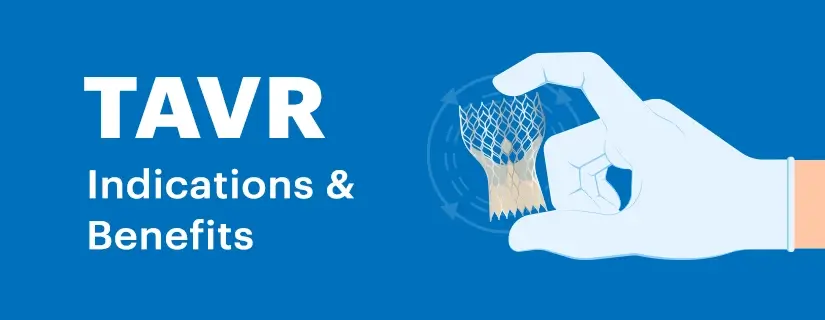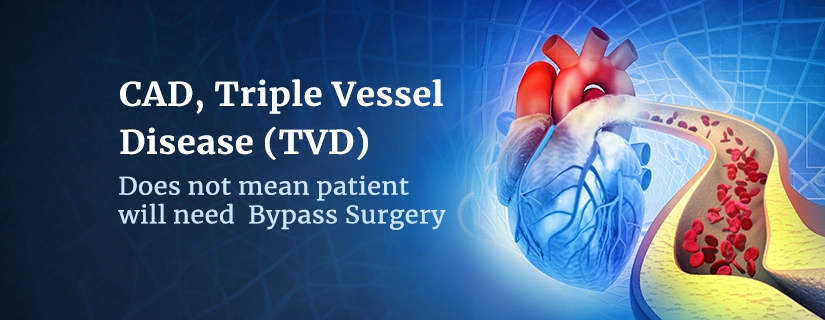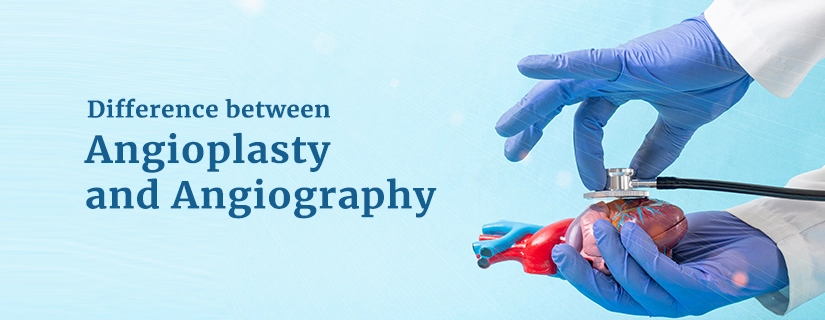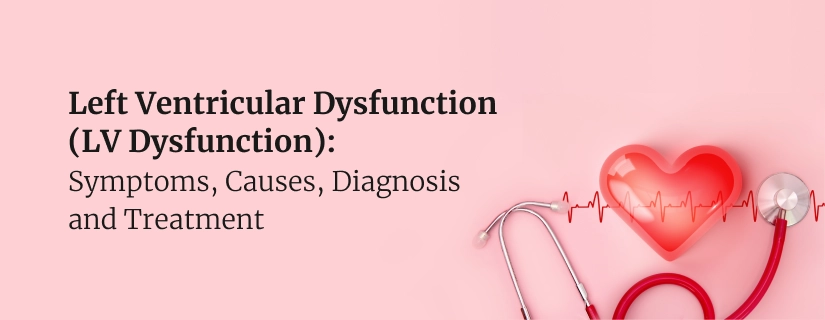-
Doctors
-
Specialities & Treatments
Centre of Excellence
Specialties
Treatments and Procedures
Hospitals & Directions HyderabadCARE Hospitals, Banjara Hills CARE Outpatient Centre, Banjara Hills CARE Hospitals, HITEC City CARE Hospitals, Nampally Gurunanak CARE Hospitals, Musheerabad CARE Hospitals Outpatient Centre, HITEC City CARE Hospitals, Malakpet
HyderabadCARE Hospitals, Banjara Hills CARE Outpatient Centre, Banjara Hills CARE Hospitals, HITEC City CARE Hospitals, Nampally Gurunanak CARE Hospitals, Musheerabad CARE Hospitals Outpatient Centre, HITEC City CARE Hospitals, Malakpet Raipur
Raipur
 Bhubaneswar
Bhubaneswar Visakhapatnam
Visakhapatnam
 Nagpur
Nagpur
 Indore
Indore
 Chh. Sambhajinagar
Chh. SambhajinagarClinics & Medical Centers
Book an AppointmentContact Us
Online Lab Reports
Book an Appointment
Consult Super-Specialist Doctors at CARE Hospitals
Understanding Atrial Fibrillation
Updated on 6 October 2023
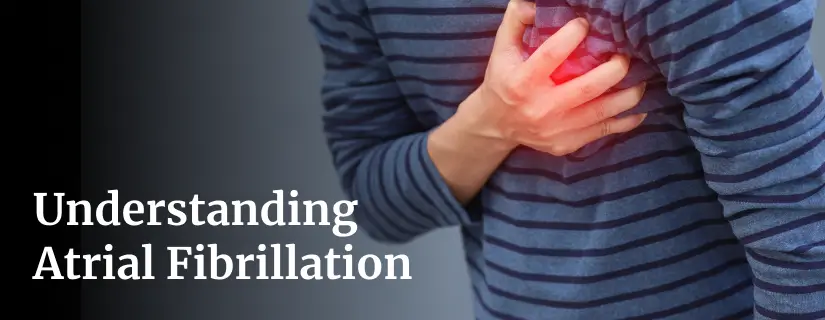
Table of Content
Atrial fibrillation (AFib) is a common cardiac arrhythmia that affects millions of individuals globally. It's a condition characterized by irregular and often rapid heartbeats, which can lead to various complications, including stroke. Understanding AFib, its detection, treatment, and stroke prevention strategies is crucial for effectively managing this condition and enhancing the quality of life for those affect- ed. Dr. Aman Salwan, consultant and interventional cardiologist at CARE Hospitals, Nampally, Hyderabad, shared with The Pioneer in detail about atrial fibrillation, navigating detection, treatment, and stroke prevention.
Atrial fibrillation is a heart rhythm disorder that originates in the atria (the upper chambers of the heart). In a normal heartbeat, the heart's electrical signals travel in a coordinated and organized manner, allowing for a rhythmic contraction and the pumping of blood throughout the body. However, in individuals with AFib, these electrical signals become chaotic, resulting in an irregular and often rapid heartbeat. This irregular heartbeat can lead to inefficient pumping of blood, causing symptoms such as palpitations, shortness of breath, fatigue, dizziness, and chest discomfort. If left untreated, AFib can significantly increase the risk of stroke, heart failure, and other cardiovascular complications.
Detecting Atrial Fibrillation
Early detection of atrial fibrillation is crucial for effective management and the prevention of complications. However, AFib can be challenging to detect as it may not always present noticeable symptoms. Regular check-ups and screenings, especially for individuals at higher risk, can aid in early diagnosis. An electrocardiogram (ECG or EKG) is the primary tool for diagnosing AFib. It records the heart's electrical activity, identifying any irregularities in the heart rhythm. Holter monitors, event monitors, and mobile health applications can also be used for long-term monitoring, enabling the detection of intermittent or paroxysmal AFib.
- Treating atrial fibrillation: The treatment of atrial fibrillation aims to manage symptoms, restore normal heart rhythm, and reduce the risk of complications. Treatment plans are personalized based on the patient's symptoms, overall health, and the presence of underlying conditions.
- Medications: Medications are often the first line of treatment for AFib. Antiarrhythmic drugs help regulate the heart's rhythm and rate. Anticoagulants, also known as blood thinners, are prescribed to reduce the risk of blood clots and stroke, a significant concern for those with AFib.
- Cardioversion: Cardioversion involves using electric shocks or medications to restore a normal heart rhythm. It's particularly effective for recent-onset AFib or when medications fail to control the irregular rhythm.
- Ablation therapy: Ablation involves destroying or isolating the areas of the heart that are triggering abnormal electrical signals. This procedure can be done through catheter ablation and is often recommended for individuals with persistent AFib.
- Pacemaker or implantable cardioverter-defibrillator (ICD): In some cases, a pacemaker or ICD may be implanted to help regulate heart rhythms and prevent excessively slow or fast heart rates.
- Stroke prevention in atrial fibrillation: Individuals with atrial fibrillation are at a significantly higher risk of stroke due to the potential formation of blood clots in the heart, which can travel to the brain and cause a stroke. Therefore, stroke prevention is a critical component of AFib management.
- Anticoagulant therapy: Anticoagulant medications, such as warfarin, dabigatran, rivaroxaban, or apixaban, are commonly prescribed aban, or apixaban, are commonly prescribed to reduce the risk of stroke by preventing blood clot formation.
- Lifestyle modifications: Lifestyle changes, including a heart-healthy diet, regular exercise, limiting alcohol consumption, quitting smoking, and managing stress, can play a crucial role in reducing the risk of stroke and improving overall heart health.
- Educating and empowering patients: Education and patient empowerment are vital in managing atrial fibrillation. Patients should be educated about their condition, treatment options, and the importance of adherence to medications and lifestyle modifications. Regular follow-ups with healthcare providers are essential to monitor progress and adjust treatment plans as needed.
Atrial fibrillation is a prevalent cardiac condition that requires comprehensive understanding and appropriate management to mitigate associated risks. Early detection, individualized treatment plans, and effective stroke prevention strategies are essential components of addressing AFib and improving the lives of those affected. With advancements in medical science and a proactive approach to healthcare, individuals with atrial fibrillation can lead fulfilling and active lives while minimizing the potential complications of this condition. Regular communication with healthcare professionals and a commitment to a heart-healthy lifestyle are key elements in navigating the journey of atrial fibrillation.
Source: The pioneer

ENQUIRY FORM
SELECT CATEGORIES
-
Neurosciences (16)
-
Neurology (37)
-
Neurosurgery (14)
-
Orthopaedics (48)
-
Oncology (33)
-
Obstetrics and gynecology (51)
-
Pulmonology (23)
-
Urology (20)
-
Nephrology (13)
-
Psychiatry (7)
-
Dietetics and Nutrition (111)
-
General Medicine (63)
-
Cardiac Sciences (30)
-
Vascular & Endovascular Surgery and Interventional Radiology (10)
-
Gastroenterology (46)
-
Endocrinology (23)
-
Plastic Surgery (10)
-
Critical Care Medicine (5)
-
COVID-19 (16)
-
Dermatology (16)
-
Emergency Care (1)
-
Ophthalmology (4)
-
Pediatrics (14)
-
Laparoscopic and Bariatric Surgery (8)
-
ENT (15)
-
Kidney Transplant (1)
-
Liver Transplantation and Hepatobiliary Surgery (5)
-
General Surgery (3)
-
Internal Medicine (5)
-
Medicine Information
What are the reasons for Heart Attack in women and How to prevent them?
పెరుగుతున్న గుండెవ్యాధుల నివారణకు విప్లవాత్మక చికిత్సలు
YOU MAY ALSO LIKE
RECENT BLOGS
-

Direct Anterior Approach in Total Hip Replacement: Advantages and Challenges
10 April 2025
Read More
-

Zinc Deficiency: Signs and Symptoms, Causes, Treatment
9 April 2025
Read More
-

Chest Pain When Coughing: Causes, Treatment and Home Remedies
9 April 2025
Read More
-

12 Health Benefits of Eating Mushrooms
8 April 2025
Read More
-

7 Health Benefits of Blood Donation You Should Know About
8 April 2025
Read More
-

Implantation Bleeding Vs Periods: Know the Difference
28 February 2025
Read More
-

Bloating During Ovulation: Symptoms, Causes and Remedies
28 February 2025
Read More
-

Itching During Dengue: Causes, Treatment and Home Remedies
18 February 2025
Read More
Have a Question?
If you cannot find answers to your queries, please fill out the enquiry form or call the number below. We will contact you shortly.


















